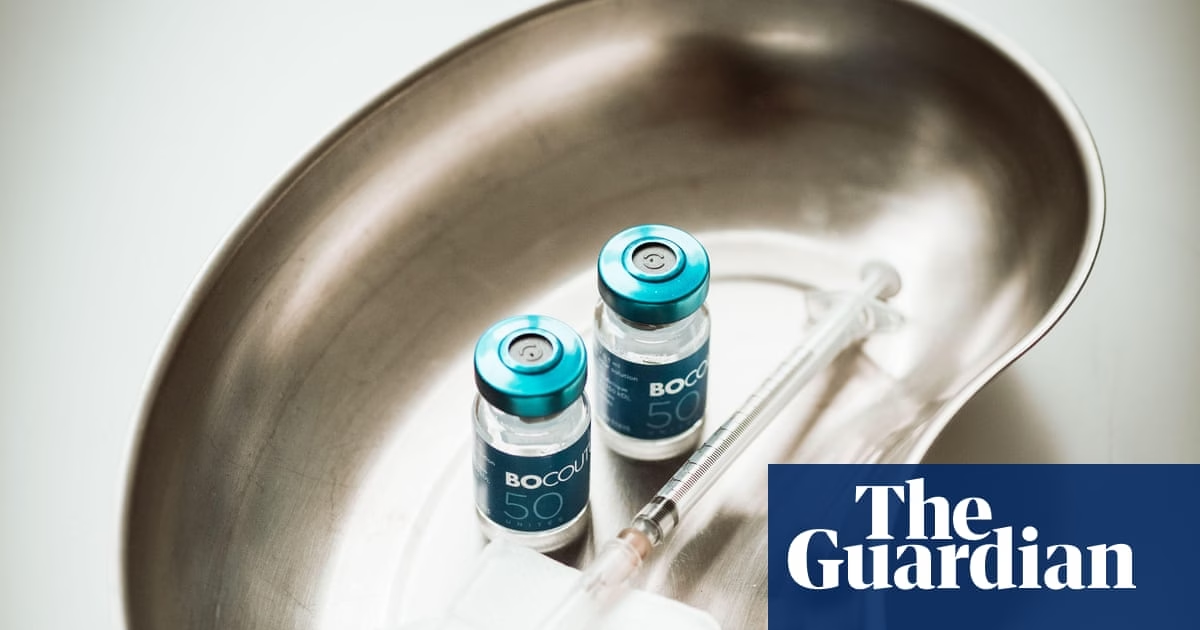Individuals looking for low-cost Botox-like injections are being warned by experts to steer clear of self-administering the treatment due to the risk of complications such as “eyelid droops”, infection, and even botulism.
The growing concern centers around a medication called Innotox, which is being sold illicitly online in the UK. In contrast to Botox, which requires reconstitution from a powder before use, Innotox comes as a ready-to-use liquid, making it more accessible for self-injection.
Wes Streeting, the health secretary, has announced plans to introduce legislation that will regulate England’s cosmetic industry more closely, where the delivery of treatments like dermal filler and Botox currently lacks oversight.
Experts caution that Innotox is not licensed for use in the UK, unlike certain other liquid Botox-like injections, which means its safety and quality have not been validated.
Aenone Harper-Machin, a consultant plastic surgeon and spokesperson for the British Association of Plastic, Reconstructive, and Aesthetic Surgeons (BAPRAS), expresses her alarm at the online availability of Innotox and advises against DIY injections.
“Self-administering Innotox could lead to eyelid droops, asymmetries, and even botulism if injected improperly,” Harper-Machin warns.
Botulinum toxin, found in products like Botox and Innotox, blocks nerve signals, preventing muscles from contracting. However, Innotox can be easily purchased online without a prescription, raising concerns about unqualified and unregulated providers, along with unlicensed or counterfeit products.
Health officials report that 41 cases of botulism poisoning in England have been linked to unauthorized injections.
Botox injections have become a standard procedure for many; the government estimates around 900,000 such injections are carried out in the UK annually.
Despite their availability in high-street clinics, the high cost and need for repeat treatments have sparked interest in cheaper options.
The Medicines and Healthcare products Regulatory Agency (MHRA) emphasizes that the sale of unauthorized medicines is unlawful, although in some cases, such medicines can be supplied under healthcare professional supervision.
Nora Nugent, the president of the British Association of Aesthetic Plastic Surgeons (BAAPS), states that while rare, BAAPS has seen cases of individuals experiencing serious complications following self-injection of botulinum toxin and dermal filler products.
Sophie Cooper, the managing director of the Harley Street Skin Clinic, highlights that social media has fueled interest in Innotox, with users sharing their self-injection experiences, which can encourage others to follow suit.
Tom Albright, the chief executive of Luvantas, a subsidiary of Medytox which produces Innotox, notes that the company is aware of the unauthorized importation of Innotox to various countries and has initiated an investigation to address the issue.
“Botulinum toxins should only be administered by qualified healthcare professionals in appropriate medical settings,” Albright emphasizes.






